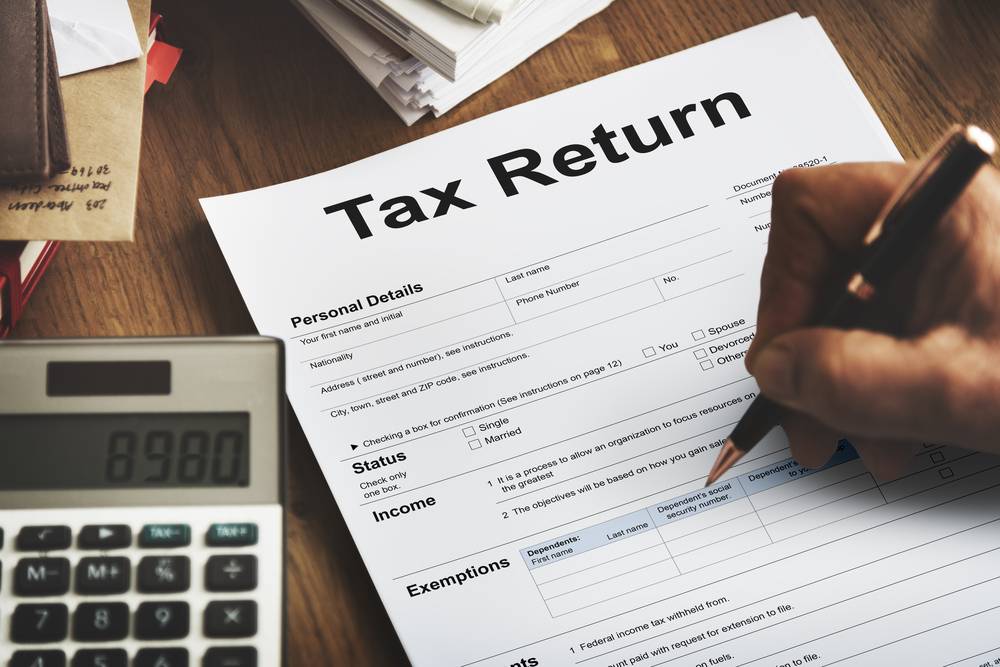Rules to be followed for filing ITR under self-occupied properties.

A property belonging to a tax assessee should be declared when filing income tax returns, even if it is a self-occupied or rented. Revenue from a property is a separate revenue head eligible for deductions based on whether the property is rented or self-occupied.
Treatment of self-occupied property income in line with rules of income tax is discussed below.
1) A self-occupied or rented property
When the owner or family members use the property for their own residential purposes, a house property is called as ‘self-occupied.’ Even when the house was not occupied throughout the year because of the employment of the owner’s in another location, a house would be still called ‘self-occupied.’ Additionally, if a person owns a house but stays with family, it may be called self-occupied’ until it’s not been rented out.
2) Annual Value
In the income tax return, one must choose the type of residential property under the head “Income from House Property.” The annual value of the self-occupied house is considered zero after ‘self-occupied’ is chosen.
3) Deductions
An eligible deduction under this income head is the interest paid on loans taken for the self-occupied house. One will enter here the amount paid as interest on the loan. For self-occupied houses, the existing total limit is Rs 2 lakh. The form enables you to submit a maximum of this number even if the real interest paid is higher.
4) Carry Forward or Set-Off
The amount of the interest paid tends to be a negative-sum since the annual value of the property held by it is fixed at 0, and adjusted to other income heads such as salary or income from other sources. The gross income subject to tax will, therefore, be reduced to that extent. The loss can be taken forward if the assessee does not have any other income.




















































































